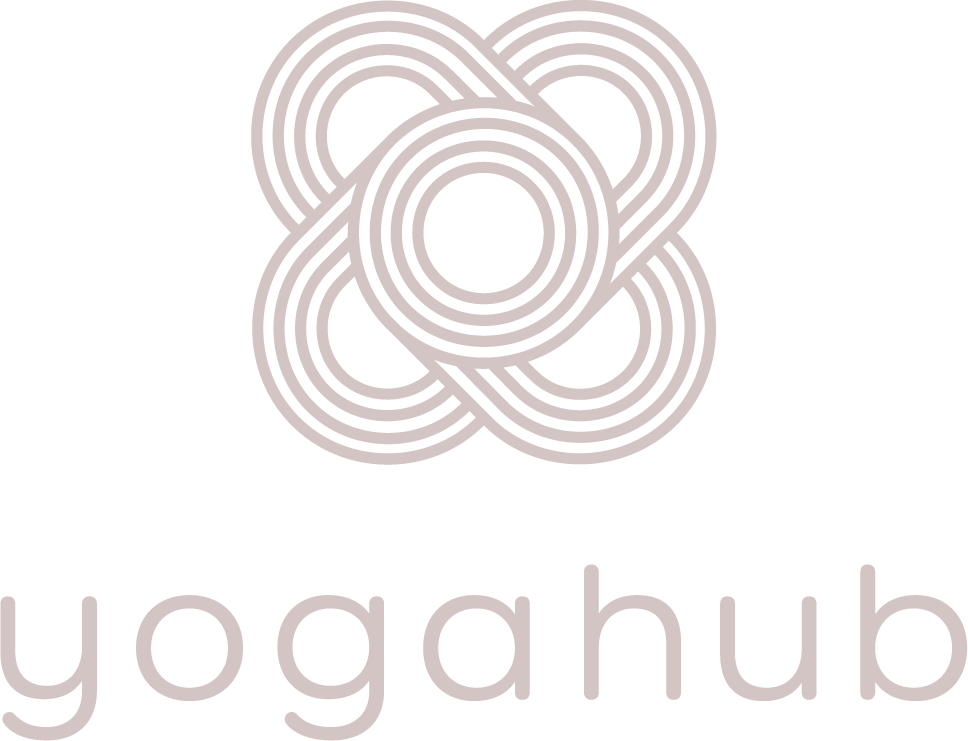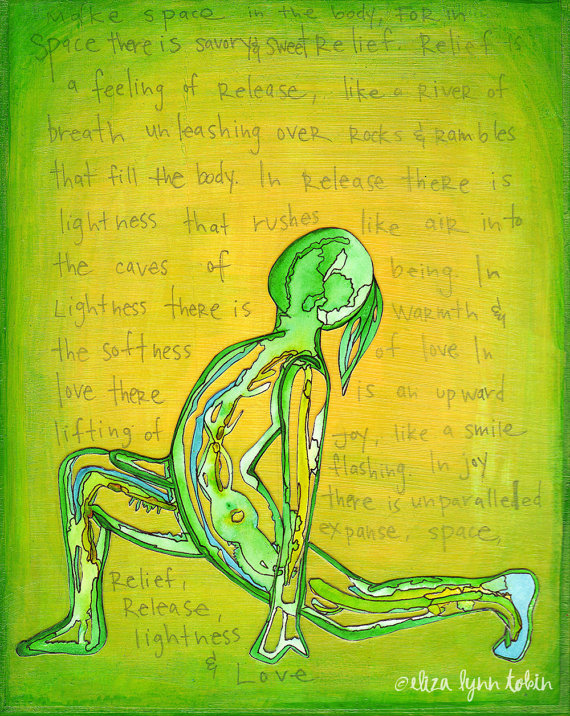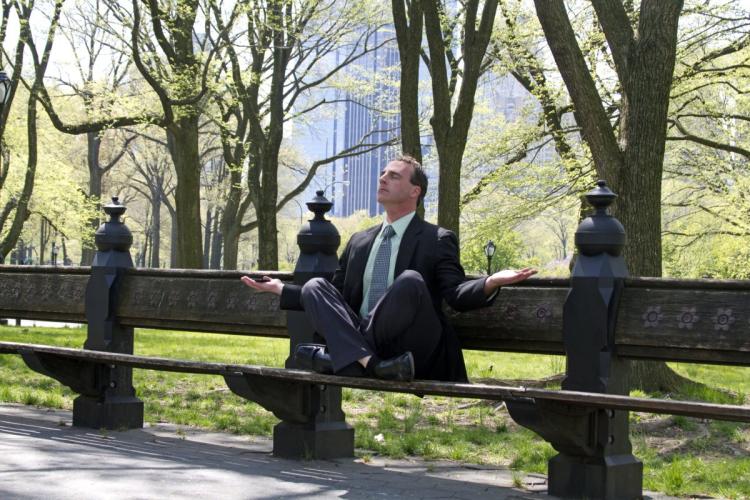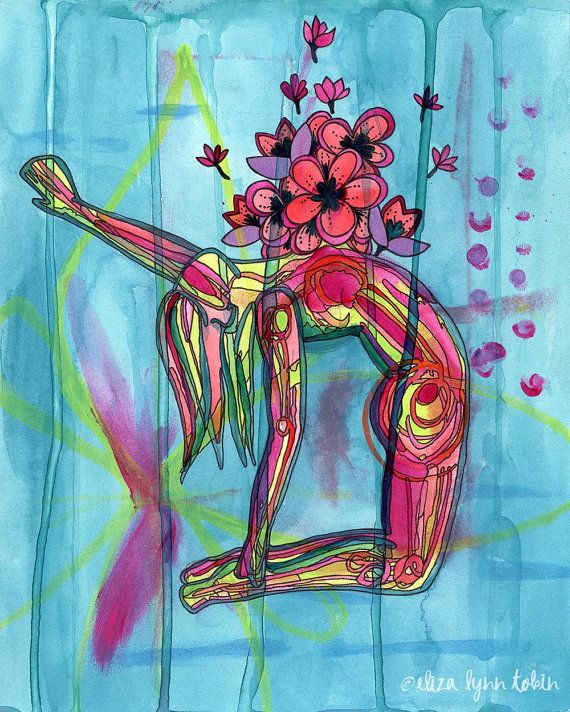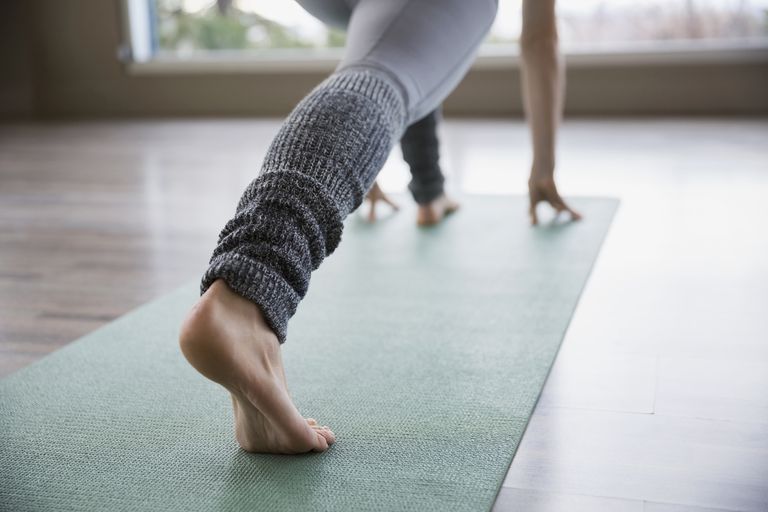
There are so many people who start yoga with the intention of gaining flexibility. While this is a huge benefit from keeping a consistent yoga practice, it’s not the only thing thing that your body will gain from learning asanas and yoga sequences. Would you believe that, in terms of keeping a sustainable, healthy yoga practice, strength building is equally as important as gaining flexibility? There is a saying from a book written more than 1,700 years ago in regards…
